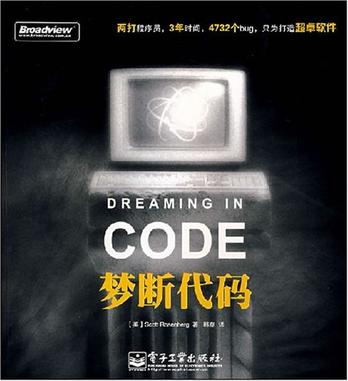The Good Women of China
Xinran
For eight ground-breaking years, Xinran Xue hosted a daily radio phone in programme for Radio Nanjing during which she discussed women's lives, and invited women to call in and talk about themselves. Broadcast between 10 and 12 at night, "Words on the Night Breeze" soon became famous all over China for its powerful, honest discussions of what it means to be a woman in today's China.
It started in 1990, a time when China seemed to be opening up, both for Chinese and for the world. Xinran's programme revealed aspects of women's lives that had never been talked about in public before. She felt as if she was opening a tiny window into a huge fortress whose inhabitants had never before communicated with the outside world. Soon she was receiving over two hundred letters a day from women telling her their stories. She realised that she knew far less than she had thought about what it means to be a Chinese woman and embarked on a journey of discovery to collect their stories.
The stories presented here of almost inconceivable suffering rape, sexual abuse, the separation of parents from their children, the suppression of human emotion in order to survive the Communist regime never before have the tortured souls of Chinese women been laid so bare. And yet this is also a book about love, about how, despite cruelty, despite politics, the female urge to nurture and cherish remains. And then there is Xinran herself: an extraordinary woman who, despite her own unhappy past, has given her life to saving the stories of Chinese women from oblivion. 'This is a book from deep in the heart of China. As shocking as it is revealing. An extraordinary and eye-opening read.' - Jon Snow. 'Xinran's 'Good Women of China' are all strong, strikingly resourceful characters who offer unforgettable insights into the past and present of Chinese women's lives.' - "The Times". '"The Good Women of China" demands attention.' - "Observer". '[Xinran] writes compassionately but unsentimentally, dramatising the stories like gripping fiction.' - "Daily Mail".



